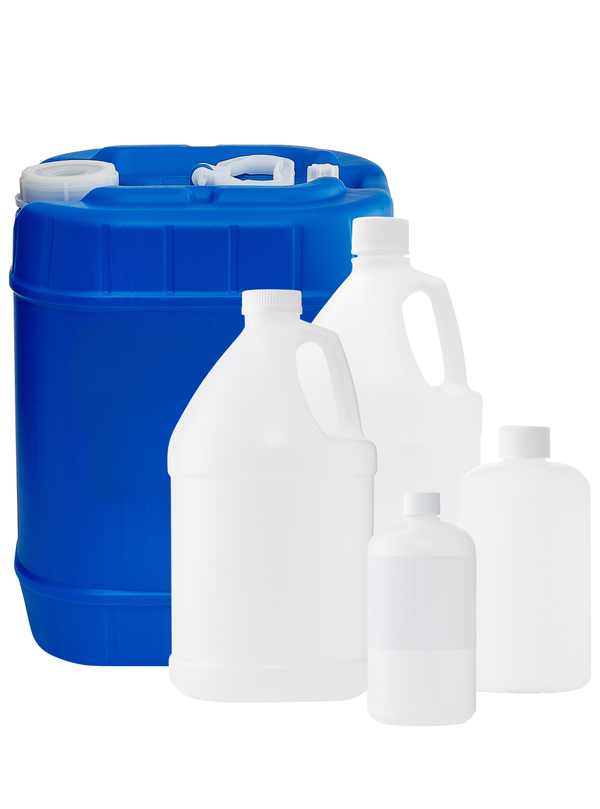
Business Support
Potassium Thiocyanate Crystal ACS Grade
For questions regarding lead time, please contact a member of our Customer Care Team at customercare@laballey.com
Business Support
Description
About Potassium Thiocyanate Crystal ACS Grade
Potassium Thiocyanate, also known as Potassium Rhodanide, Thiocyanic Acid Potassium Salt, Kaliumthiocyanat, Rodanca, and Potassium Sulfocyanate, has the chemical formula KSCN or CKNS. It appears as colorless-to-white hygroscopic crystals having free solubility in Water, Alcohol, and Acetone at ambient conditions. When heated to decomposition, it can emit Oxides of Carbon, Sulfur, Nitrogen, and Potassium. Lab Alley's Potassium Thiocyanate, ACS Grade fully complies with the American Chemical Society's (ACS) requirements due to its high purity. The ACS grade is usually the same as the reagent grade, and it is ideal for analytical and research applications that require repeatable, consistent findings. Lab Alley is selling its premium quality products online at laballey.com in the United States of America (USA).
COMMON USES AND APPLICATIONS
- Reagent
- Strong oxidizing agent
- Chemical precursor
- NMR studies
INDUSTRIES
- Cosmetics
- Personal care product
- Oral care products
PRODUCT INFORMATION
Customer Reviews and Q&A
Safety and Shipping
Please contact us to request a Safety Data Sheet (SDS) and Certificate of Analysis (COA) for Potassium Thiocyanate Crystal ACS.
Business Support
Built for Business.
At Lab Alley, we simplify procurement with custom quotes, credit applications, tax exemptions, and fulfillment support, ensuring on-budget, on-time delivery - your success is our priority.
Apply for Credit
A Lab Alley credit account streamlines purchasing for your business. Our Customer Success Team is available to help you through every step of the process.
Request a Custom Quote
Get a fast, customized quote tailored to your specific needs. Our team ensures accurate pricing and availability to help streamline your purchasing process.

Additional Business Resources
Lab Alley provides access to essential certifications, documents, and other resources to support your business.

Create a Lab Alley Account

RECEIVE exclusive offers, promotions, and discounts on chemicals.

Always have the product you need, when you need it with our AUTOSHIP program.




